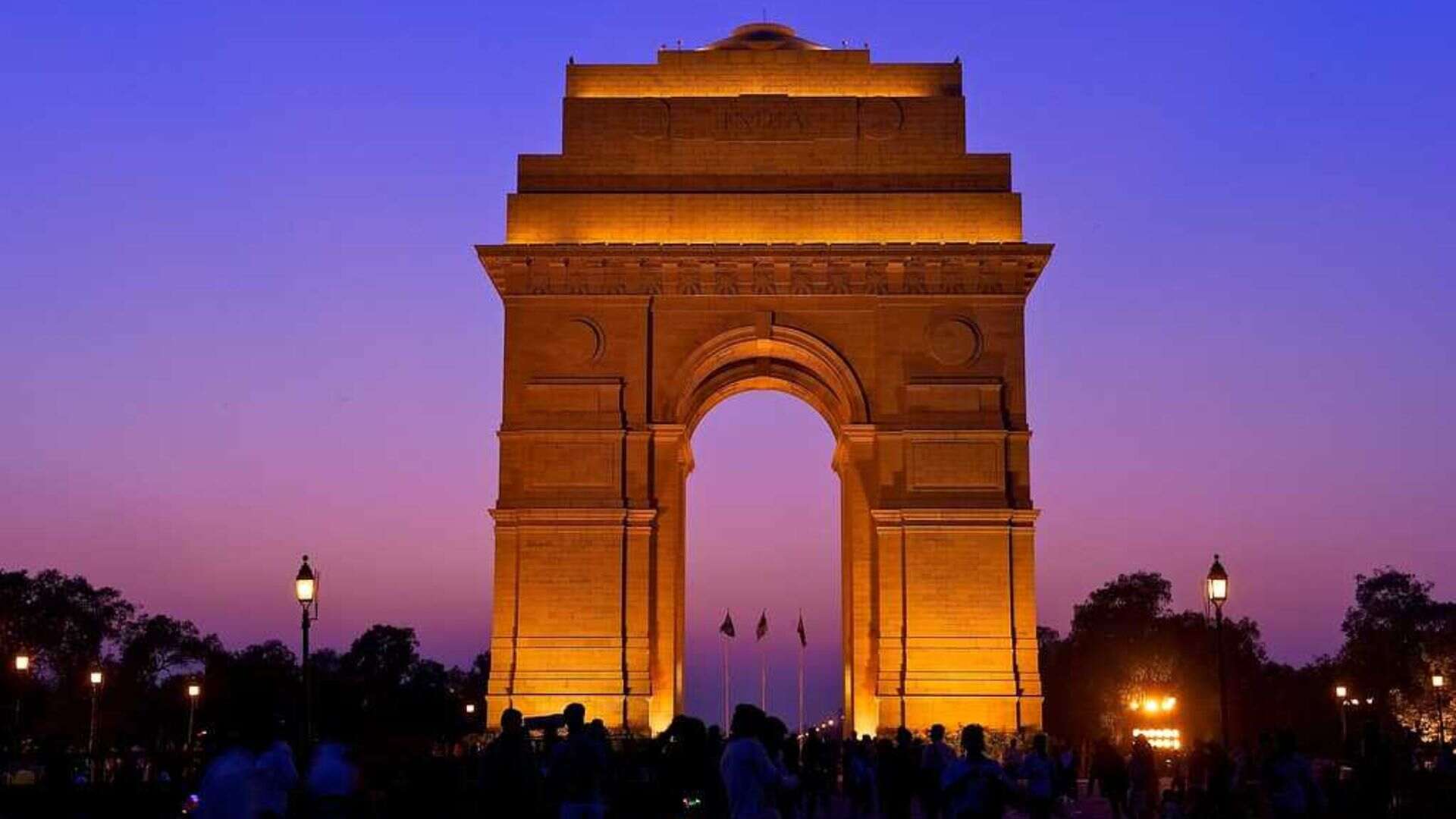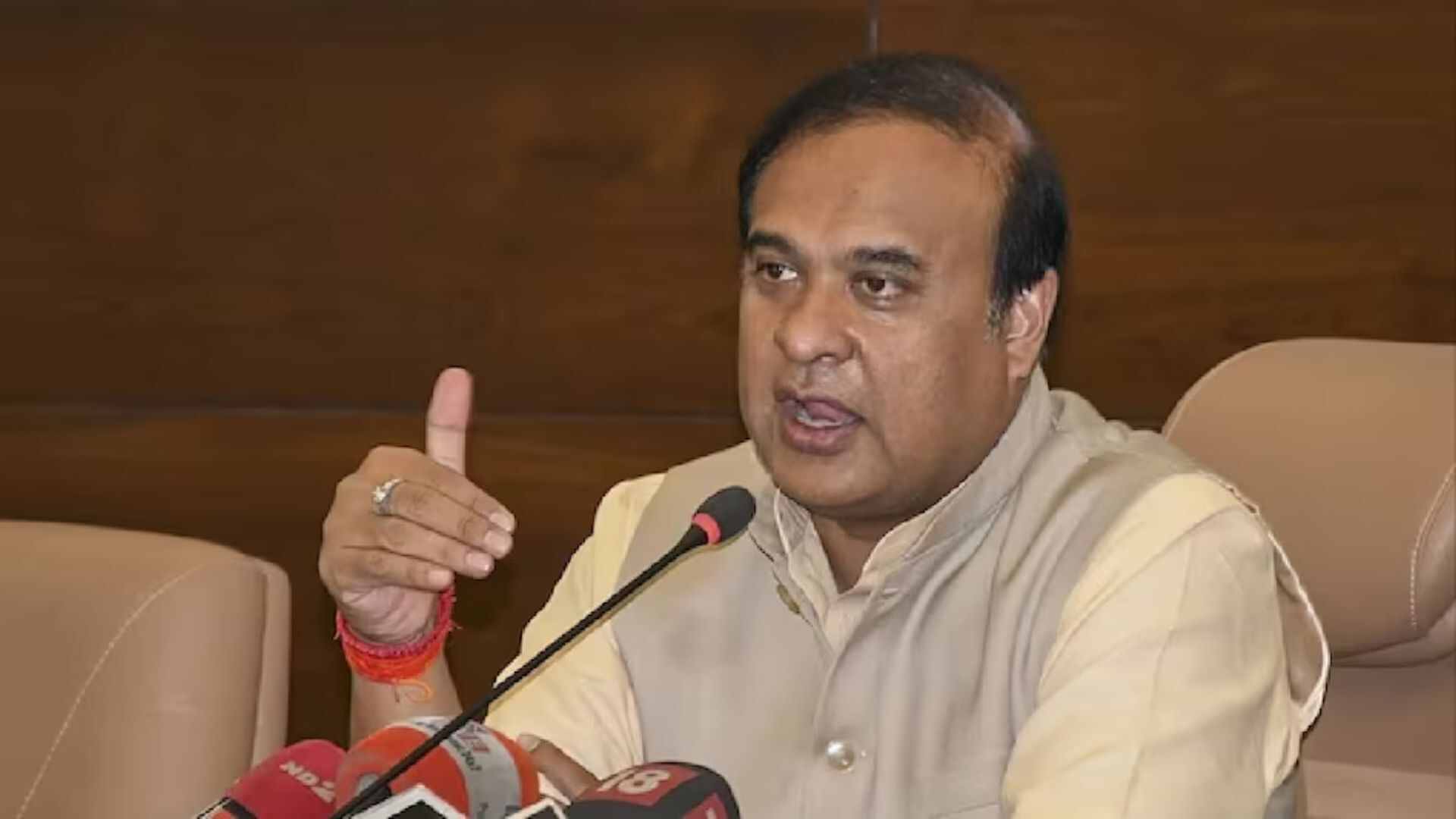US National Security Adviser Jake Sullivan recently visited New Delhi for crucial discussions with India’s External Affairs Minister S Jaishankar and National Security Adviser Ajit Doval. Their meetings covered a broad spectrum of bilateral, regional, and global issues, highlighting the strong strategic partnership between the two nations.
In a post on X, Jaishankar stated, “Delighted to welcome US NSA @JakeSullivan46 in New Delhi today morning. A comprehensive discussion on a broad range of bilateral, regional and global issues. Confident that India-US strategic partnership will continue to advance strongly in our new term.”
Delighted to welcome US NSA @JakeSullivan46 in New Delhi today morning.
A comprehensive discussion on a broad range of bilateral, regional and global issues.
Confident that India-US strategic partnership will continue to advance strongly in our new term.
🇮🇳 🇺🇸 pic.twitter.com/daqbE466bF
— Dr. S. Jaishankar (@DrSJaishankar) June 17, 2024
During their discussions, Sullivan and Doval chaired the first annual review of the US-India Initiative on Critical and Emerging Technologies (iCET). This initiative involves a joint effort to address technological advancements and their strategic implications. Tomorrow, both the officials are scheduled to participate in an India-US iCET Roundtable with Industry CEOs, organized by the Confederation of Indian Industry. This meeting aims to further strengthen cooperation and explore opportunities in critical and emerging technologies.
One of the key focuses of the meeting was to assess the progress of the ambitious iCET initiative. Additionally, discussions covered a wide range of topics, including ongoing defense cooperation. This includes a notable collaboration between US defense company GE Aerospace and India’s Hindustan Aeronautics Limited (HAL) to produce advanced F414 jet engines for the Indian Air Force (IAF).
The US approved this collaboration last year, marking a significant step in bilateral defense ties. Furthermore, talks also touched upon the India-Middle East-Europe Economic Corridor (IMEC), a transformative initiative aimed at enhancing connectivity and economic integration across Asia, the Middle East, and Europe. However, because of recent events in West Asia, the IMEC project has been delayed. This project plans to build a large network of roads, railways, shipping routes, and important infrastructure such as power cables, pipelines for hydrogen gas, and fast data cables, which help the countries to grow economically and work together more closely.







